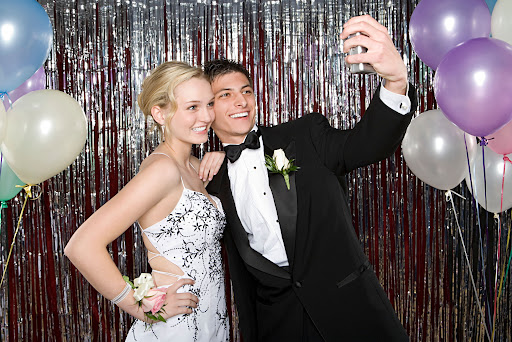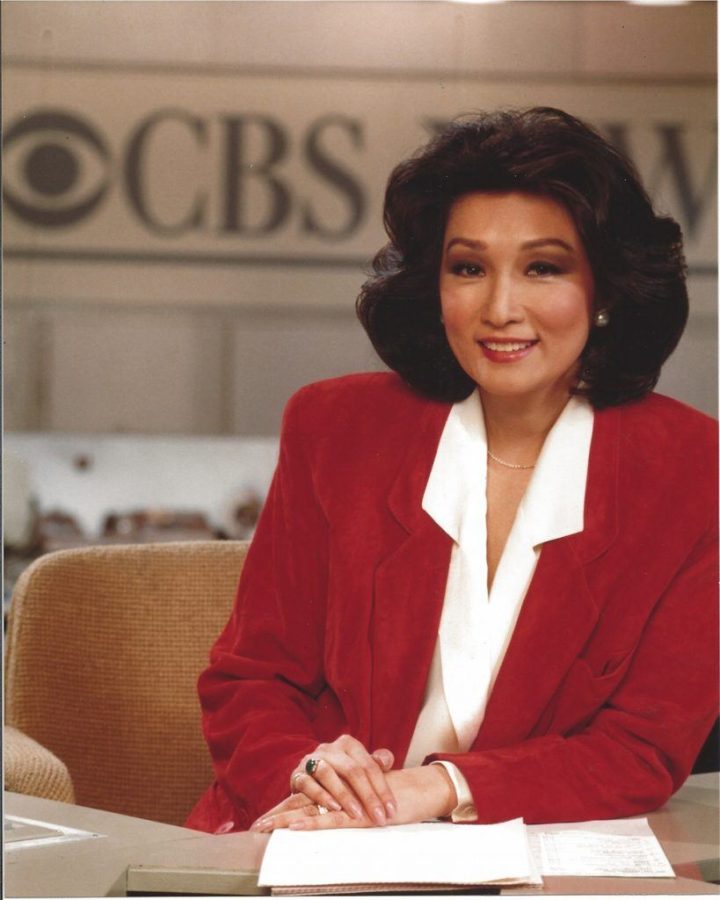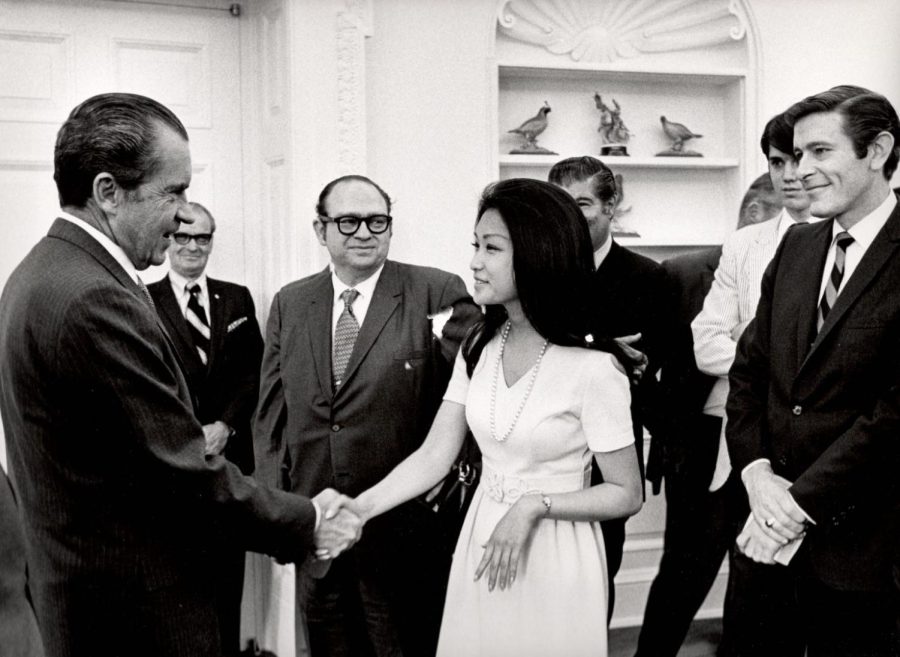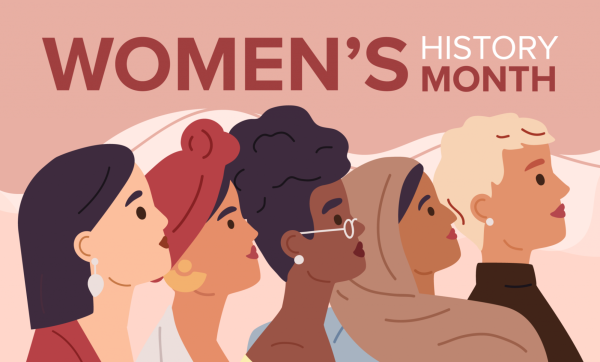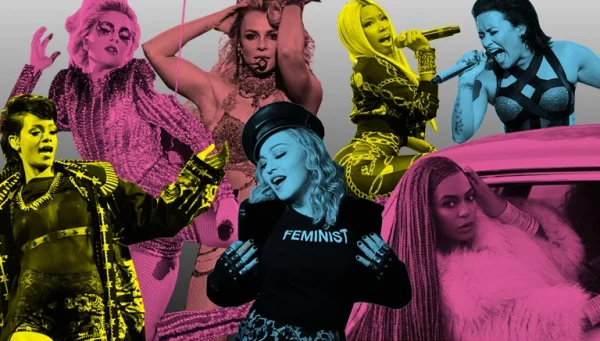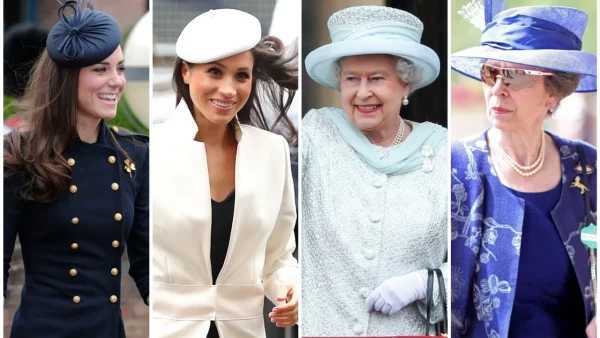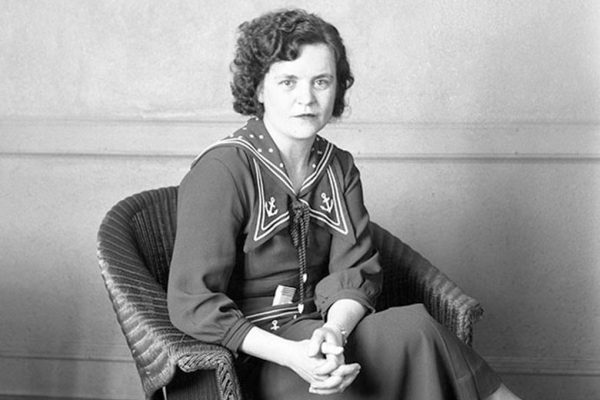Connie Chung: A Pioneer in Her Own Right
Although many teenagers may not recognize her name, Connie Chung was an icon of the 80s and 90s.
Raised by William Ling Ching Chung and Margaret Ma in the suburbs of the nation’s capital, Chung was constantly exposed to the political world and foreign affairs. Her father was a former officer of China’s Nationalist Army and taught her the ways of investigation and hard-hitting questions. Although she has four older sisters, Chung was the firstborn in the United States and did not struggle with the same cultural acclimations as her sisters and mothers did.
After graduating from the University of Maryland in 1969 with a degree in journalism, she immediately found work at TV station WTTG as a copy person and eventually worked her way up to becoming a reporter. Two years later, she became a Washington-based correspondent for CBS News. It was there that Chung got her first big break: a sit-down interview with Nixon amid the Watergate scandal.
Chung went on to conduct exclusive interviews with Chinese leader Li Peng on the fifth anniversary of the Tiananmen Square massacre and basketball star Magic Johnson after he publicly announced contracting HIV. In 1983, Chung moved to NBS news, where six years later she would be known as one of the most famous journalists in television news. With this exceptional reputation, she launched a TV program called “Face to Face with Connie Chung.” Unfortunately, although she was successful as a reporter, her program was not, and she quit the program just months after it began.
Alas, in 1993, Connie Chung joined Dan Rather on CBS Evening News, where she became the first Asian woman and the second woman in America to co-anchor a major national weekday news broadcast. Rather is a broadcasting legend, and Chung’s partnership with him further proved her gifts on camera and through the notepad. Not only did Connie Chung make history, but she also overcame the countless acts of racism and sexism that she received throughout her career.
Chung is married to another television icon, Maury Povich. They co-hosted an MSNBC show together called “Weekends with Maury and Connie.” Although it was canceled after just six months, they currently own a newspaper called “The Flathead Bacon” in Montana, where they have a home.
In 2018, Chung revealed in a letter published through the Washington Post to Christine Basley Ford, a research psychologist at Stanford University, showing support after Ford revealed that she had been sexually assaulted. For the first time ever, Chung discussed personal experiences with sexual assault, saying, “Dear Christine Blasey Ford: I, too, was sexually assaulted — and it’s seared into my memory forever.” In the letter, Chung explains that she has remained silent for fifty years about her assault at a gynecological examination. She explains that sharing her truth is important for protecting other women and that, “We [survivors of sexual assault] remember exactly what happened to us and who did it to us. We remember the truth forever.”
Over the course of her career, Connie Chung has made history and has been a trailblazer for women in journalism. She overcame traditional career obstacles such as racism and sexism in her workplace and managed to persevere. Her strength and will showed the men in her industry that their rude comments and microaggressions were useless against her. Her determination led her to continue producing some of the best content in the form of TV programs or newspapers. Although her career ended in 2006, Connie Chung has given the journalism community more great interviews, hard-hitting questions, and consistently strong programs than most journalists.

























